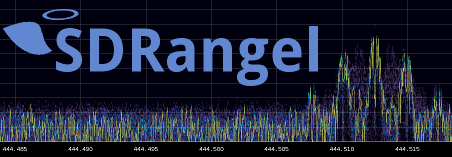 |
SDRAngel
4.11.5
Developer docs for <a href="https://github.com/f4exb/sdrangel">SDRangel<\a>, an Open Source Qt5 / OpenGL 3.0+ SDR and signal analyzer frontend to various hardware.
|
 |
SDRAngel
4.11.5
Developer docs for <a href="https://github.com/f4exb/sdrangel">SDRangel<\a>, an Open Source Qt5 / OpenGL 3.0+ SDR and signal analyzer frontend to various hardware.
|
#include <timeutil.h>
Static Public Member Functions | |
| static uint64_t | nowms () |
| returns the current epoch in milliseconds More... | |
| static uint64_t | nowus () |
| returns the current epoch in microseconds More... | |
Definition at line 23 of file timeutil.h.
|
static |
returns the current epoch in milliseconds
Definition at line 20 of file timeutil.cpp.
Referenced by Command::processError(), Command::processFinished(), and Command::run().
 Here is the caller graph for this function:
Here is the caller graph for this function:
|
static |
returns the current epoch in microseconds
Definition at line 30 of file timeutil.cpp.
Referenced by RemoteOutputThread::getSamplesCount(), and UDPSinkFEC::write().
 Here is the caller graph for this function:
Here is the caller graph for this function: 1.8.13
1.8.13